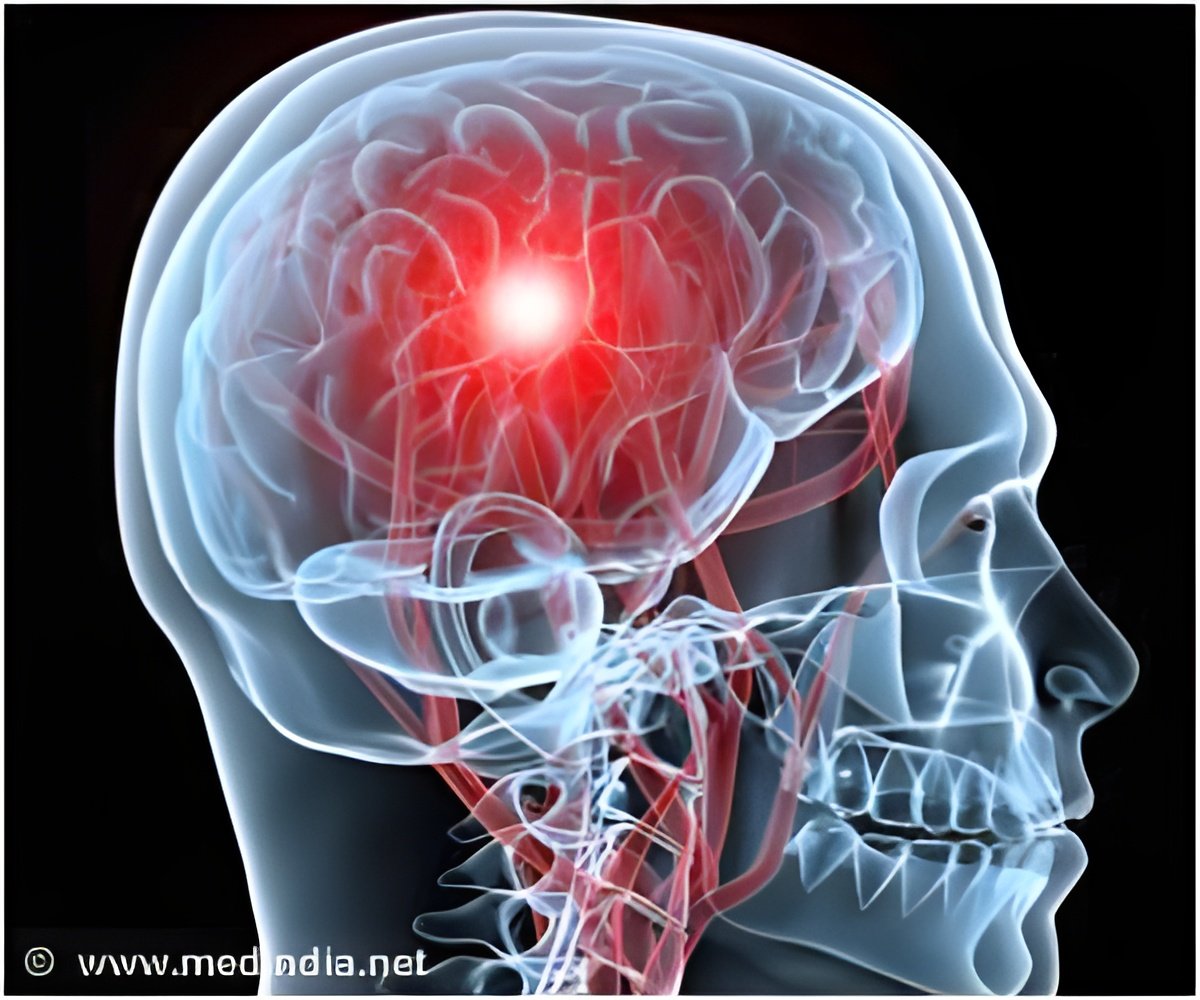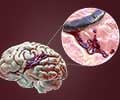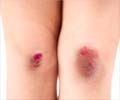
Intracerebral hemorrhage (ICH) is a potentially deadly form of hemorrhagic stroke. A medical emergency, ICH occurs when blood escapes into brain tissue from an injured or diseased blood vessel. Increased blood in the brain builds up pressure within the skull, which can cause unconsciousness and death. Interruption of normal blood flow deprives parts of the brain of the oxygen that is required. Degradation of pooled blood products in the brain damages and can kill brain cells. To reduce the harmful effects of ICH, swift medical and/or surgical treatment is essential. Nevertheless, more than one-third of patients will not survive and only 20% of patients will regain functional independence following ICH.
Management of ICH poses a greater challenge when it occurs in patients who receive anticoagulation therapy, because the decreased ability of blood to clot leads to larger hemorrhages. Anticoagulants are prescribed for a variety of diagnoses such as atrial fibrillation, deep vein thrombosis, heart attack, and ischemic stroke. These diseases are found more frequently in older individuals, and the aging population keeps increasing. Consequently, the number of cases of anticoagulant-associated ICH (AAICH) is on the rise. Dr. LeRoux and colleagues cite a mortality rate for AAICH "as high as 42.3% to 67%"—substantially higher than that of ICH as a whole. Such numbers indicate a great need to improve the treatment of AAICH.
"Race Against the clock" conveys the urgency involved in reversing the effect of anticoagulant medications in patients with ICH. In this educational supplement, Dr. Le Roux and colleagues have compiled up-to-date information on AAICH and its treatment. They offer a review of current oral anticoagulation therapies and describe various agents' mechanisms of action. Beginning with warfarin, the most well known and widely used anticoagulation agent, the authors move through newer oral anticoagulants such as the direct thrombin inhibitor dabigatran etexilate and the direct factor Xa inhibitors rivaroxaban and apixaban.
The authors review administration of vitamin K, fresh frozen plasma, prothrombin complex concentrates (both three-factor [used off label] and four-factor PCCs), and recombinant factor VIIa, as well as the use of dialysis, in reversing the effects of anticoagulants. Reversal of warfarin's effects has been widely tested, and the supplement offers a sample protocol for this. There are far fewer studies of reversal of the targeted oral anticoagulants (dabigatran etexilate, rivaroxaban, and apixaban), for which no specific antidotes have been identified as yet. The authors describe current and potential treatments used in cases of AAICH involving these agents.
The authors review the American Heart Association–American Stroke Association Guidelines for the management of spontaneous ICH. These AHA Guidelines include reversal strategies for AAICH but were written before the newer oral anticoagulants were approved for use. The authors point out that investigations of ICH treatment are ongoing and discuss a number of recent clinical trials. Also discussed are surgery for AAICH and the controversy over when to restart oral anticoagulation therapy following AAICH.
Advertisement
Advertisement










